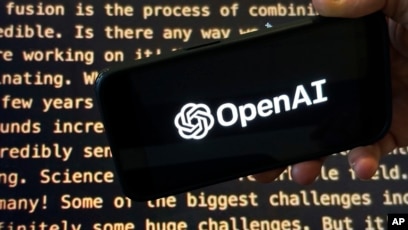Canadian publishers sue OpenAI over copyright
On Dec 02, 2024, a coalition of Canadian news publishers, including The Canadian Press, Torstar, Globe and Mail, Postmedia, and CBC/Radio-Canada, has initiated legal action against OpenAI for utilizing news content to train its ChatGPT generative artificial intelligence system.

The publishers allege that OpenAI regularly infringes copyright by scraping significant amounts of content from Canadian media outlets without authorization or compensation. The publishers argue that such practices undermine the substantial investments made in journalism and violate copyright protections.
Generative AI has the ability to generate text, images, videos, and computer code based on a simple prompt, but it first requires studying extensive existing content. OpenAI has stated that its models are trained on publicly available data and are grounded in fair use and international copyright principles that support creators and innovation.
This legal action marks the first of its kind in Canada, while similar lawsuits are ongoing in the United States, including a case involving the New York Times, OpenAI, and Microsoft. Some news organizations have opted to collaborate with OpenAI by entering into licensing agreements to receive compensation for sharing news content used to train AI systems.

Canada has implemented legislation requiring Google and Meta to compensate news publishers for the use of their content, although it has not clarified whether the Online News Act should cover the use of content by AI systems.
In response to this legislation, Meta removed news from its platforms in Canada, and Google agreed to pay $100 million Canadian (USD 71 million) to Canadian news outlets.
It will be interesting to see the outcome of this legal battle and how it may impact the relationship between AI technology and the media industry.

For more related articles, visit EterPride.




















